One aspect of Chris Evans’ Marvel Cinematic Universe debut as Steve Rogers in Captain America: The First Avenger was almost ruined by Marvel, and, in fact, led to “screaming matches” between executives. Arriving after the earliest MCU movies, The First Avenger took viewers back in time to tell the origin story of Steve Rogers as Captain America, with the majority of the movie set in the 1940s during World War II. The film ended with Steve Rogers crashing a plane into ice and being frozen, only to be found and reanimated during the modern-set MCU just in time to suit up for The Avengers.
Much of Steve Rogers’ arc throughout the MCU Captain America movies and beyond relied on the background established in The First Avenger. Not only did the movie introduce his childhood best friend Bucky Barnes—who would become the Hydra assassin, the Winter Soldier, and a key aspect of The First Avenger’s sequel—but it set the stage for Steve’s romance with Peggy Carter. Avengers: Endgame’s final scene, which featured Steve and Peggy sharing the dance they never got in the 40s, wouldn’t have been as emotionally impactful without The First Avenger’s setting and story. However, the period setting of Captain America: The First Avenger was almost very different.
Captain America: The First Avenger Was Almost Set In Present Day
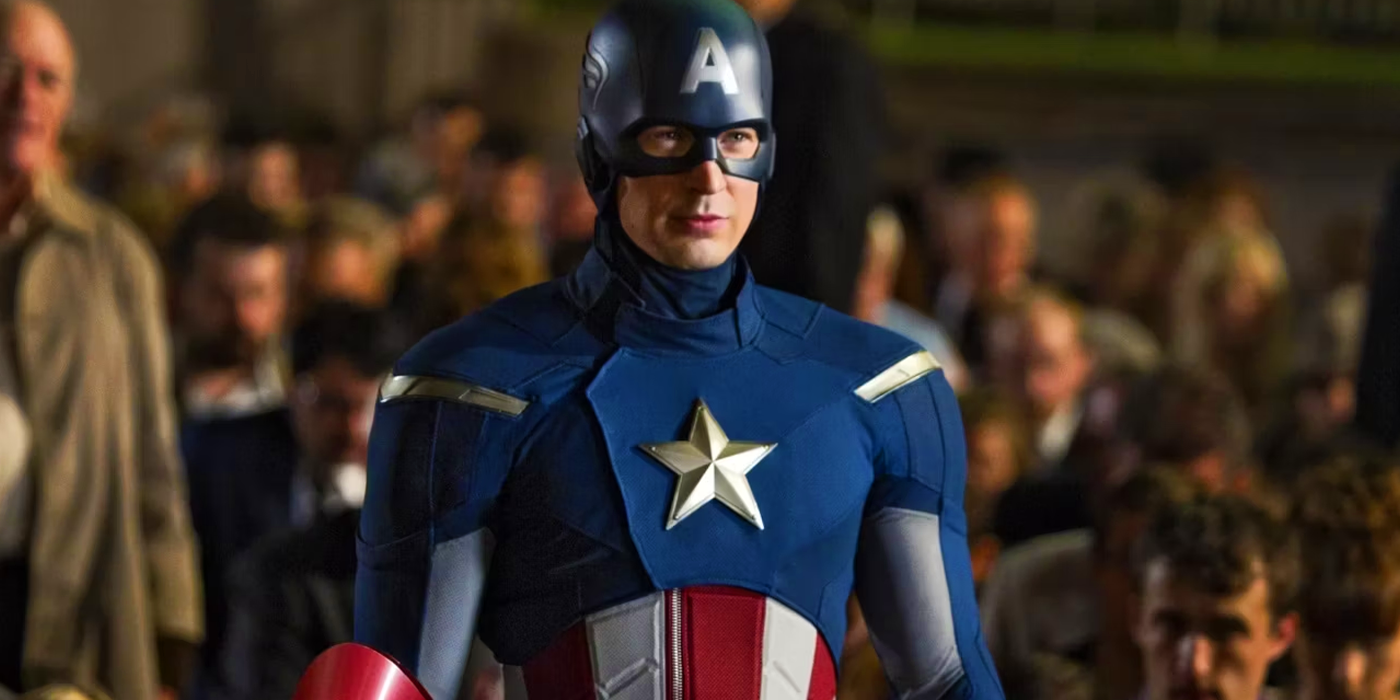
The newly released book MCU: The Reign of Marvel Studios by Dave Gonzales and Joanna Robinson dives into Marvel Studios chief Kevin Feige’s early relationship with the Marvel Creative Committee, which was a group of executives who endeavored to help guide the early days of the MCU. However, the Creative Committee, which included such Marvel executives as Alan Fine and Ike Perlmutter, was vehemently against setting Captain America: The First Avenger during the 1940s. An excerpt from the book reads:
One early confrontation came over Captain America: The First Avenger. [Alan] Fine believed that Marvel audiences wouldn’t want to see a movie set largely in the 1940s. [Kevin] Feige and [Louis] D’Esposito insisted that they needed to establish Captain America before making The Avengers: the movie had to show audiences that Steve Rogers was a man out of time, not just pay lip service to the notion. The meetings became “screaming matches,” but Feige prevailed.
If the Marvel Creative Committee had had their way, The First Avenger wouldn’t have been set in the 1940s, and it seems Steve Rogers’ origin story would largely be told rather than shown. Thankfully, Feige and Louis D’Esposito won the arguments that devolved into “screaming matches,” and the movie was ultimately a period piece. It was a necessary decision for the character and the franchise as a whole.
Why Captain America Needed To Debut In A WWII Movie
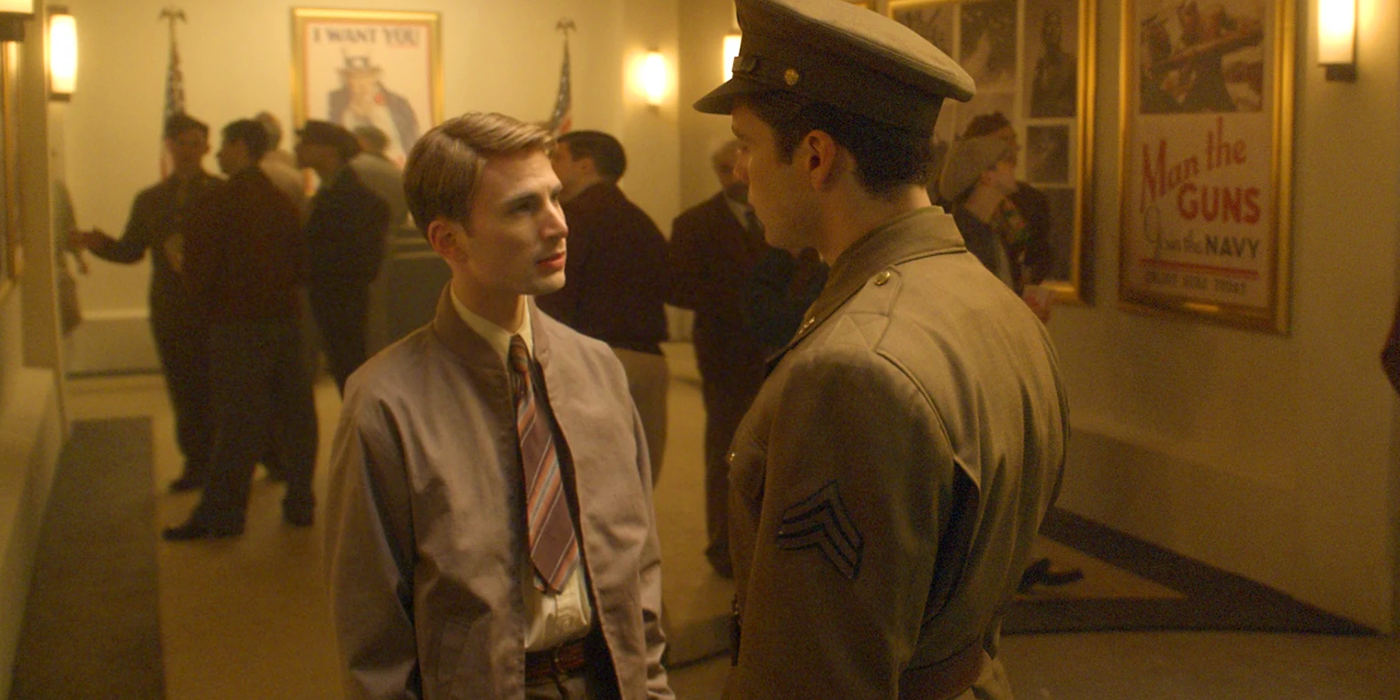
As The Reign of Marvel Studios relays, Feige and D’Esposito’s reason for setting Captain America: The First Avenger in the 1940s comes down to showing the audience instead of telling them. Strong storytelling shows the audience something, whereas weaker storytelling simply tells them—the former is stronger because it allows the viewer to connect with the characters and the story more easily, whereas the latter can often feel like an infodump with none of the emotion needed for connection. If Steve Rogers’ story was predicated on being a man out of time, which is known to be true given how his arc concluded, then Feige and D’Esposito were correct that it needed to be shown rather than told.
It was also important for Steve’s origin story to take place during a war, because he becomes Captain America during the United States’ efforts to create a super-soldier. While that aspect of his story could’ve perhaps been updated to modern times, like Tony Stark’s when it was adapted from the comics for the MCU, there are parts of Steve Rogers’ origin that wouldn’t make sense in modern day, like touring the U.S. to sell war bonds. Since that’s how he gets the moniker of Captain America, and war bonds weren’t used in the U.S. after WWII, that part of his origin would’ve needed to be completely rewritten. So Captain America: The First Avenger needed to be set in the past, and it gives the MCU a good blueprint of how to do new origin stories, especially now that the franchise is so well-established.
Why The MCU Needs More Movies Set In The Past
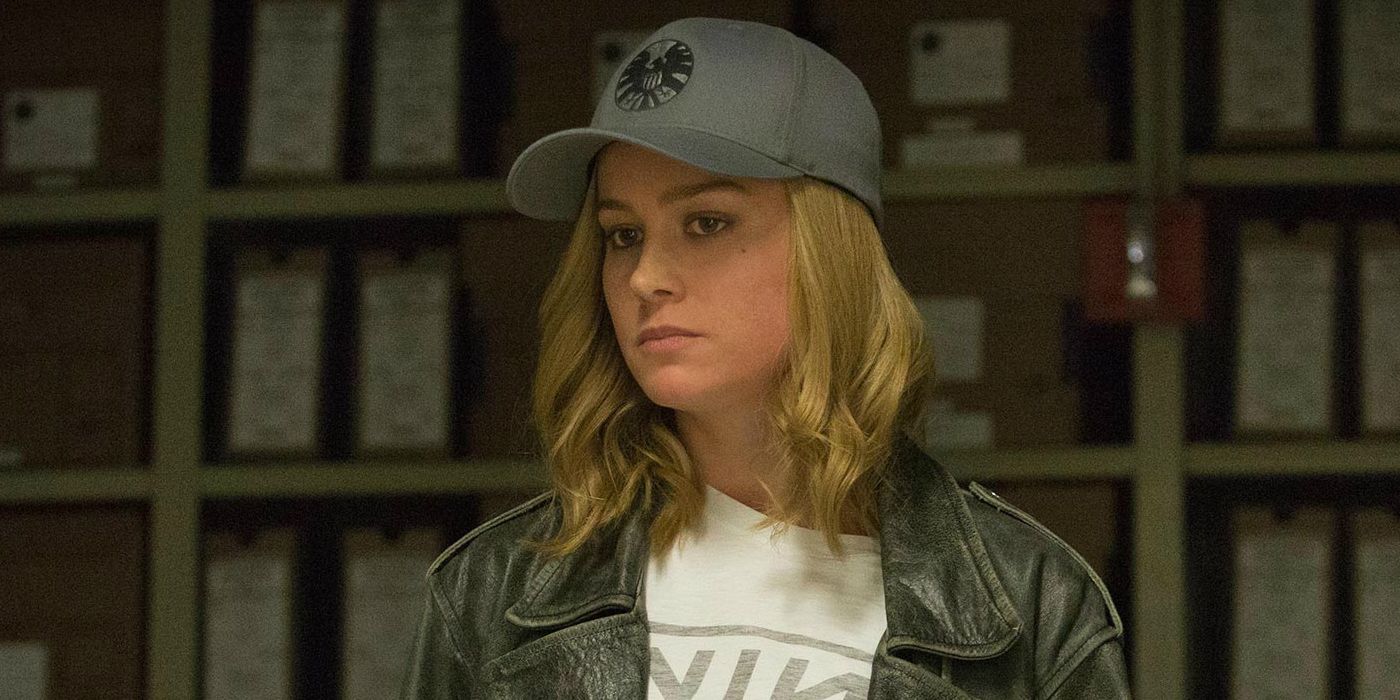
Beyond Captain America: The First Avenger, the only other MCU movie set in the past is Captain Marvel, which additionally used its earlier setting to retroactively add her to the franchise. While this tactic can’t be used for all new heroes introduced to the MCU, it could perhaps be used more, especially now that the main timeline is so crowded with superheroes. In fact, it’s been speculated that using an earlier period setting might be how Marvel introduces the Fantastic Four and/or the X-Men to the MCU. If Marvel were to introduce these characters earlier in the timeline, and explain why they haven’t been active in any of the MCU’s movies, it would set them up to be full-blown heroes in future films.
Of course, Marvel needs to be careful that their explanations for why the heroes didn’t help out the Avengers when Loki invaded New York City or when Thanos attacked will need to make sense. But Fantastic Four theories have proposed explanations like the members of the team could be trapped in the Negative Zone, or they could create their own time travel machine to take them to the present-day MCU. So it’s certainly possible that Marvel could still set movies in the past, and if it adds to the character or characters’ stories, just as it did Captain America’s, then that’s all the more reason to do so. Marvel may have had squabbles over the setting of Captain America: The First Avenger, but its success in setting up Steve Rogers’ story shows it was ultimately the right call, and could be used to tell even more stories during different time periods of the MCU.
Key Release Dates
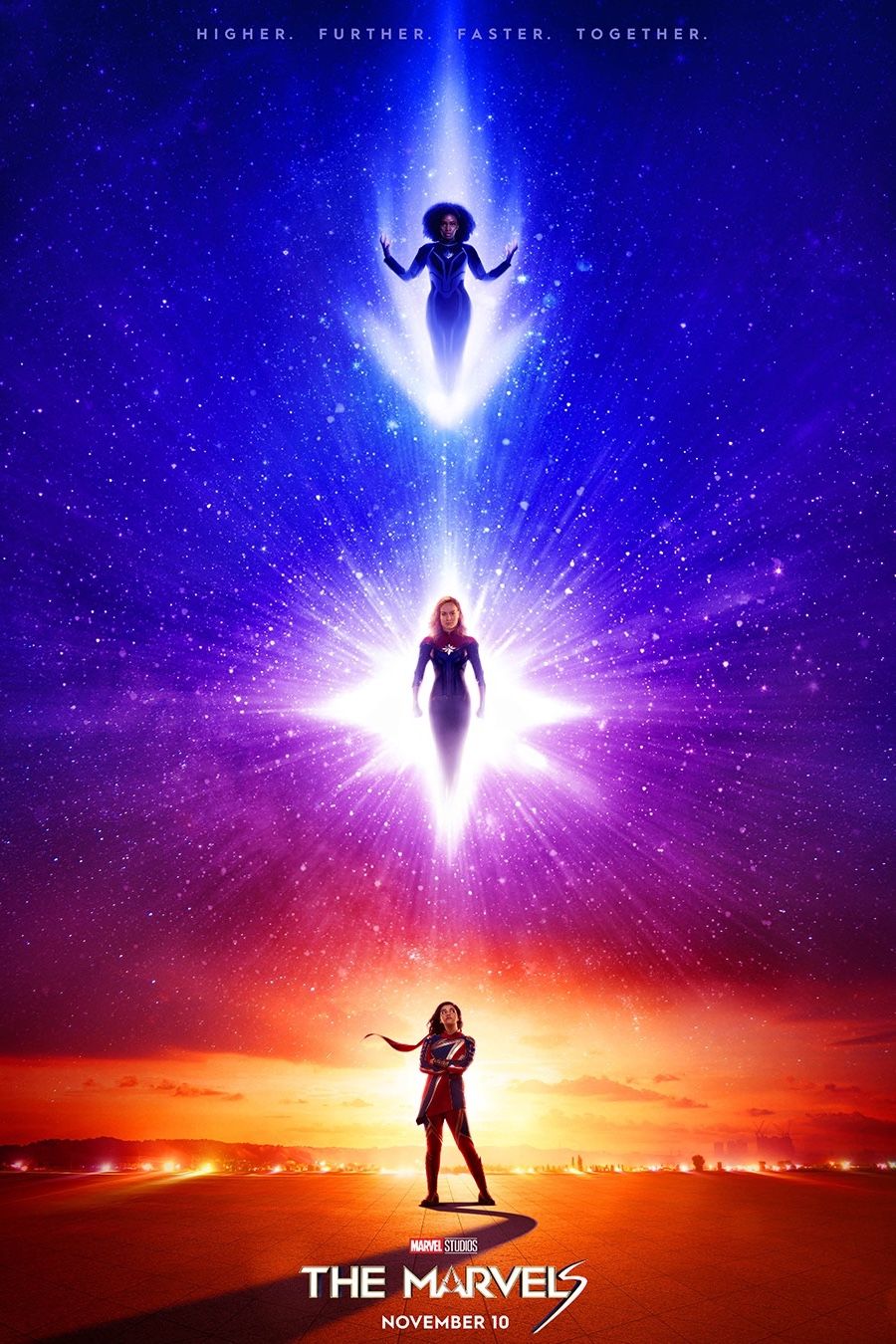
The Marvels
Release Date:2023-11-10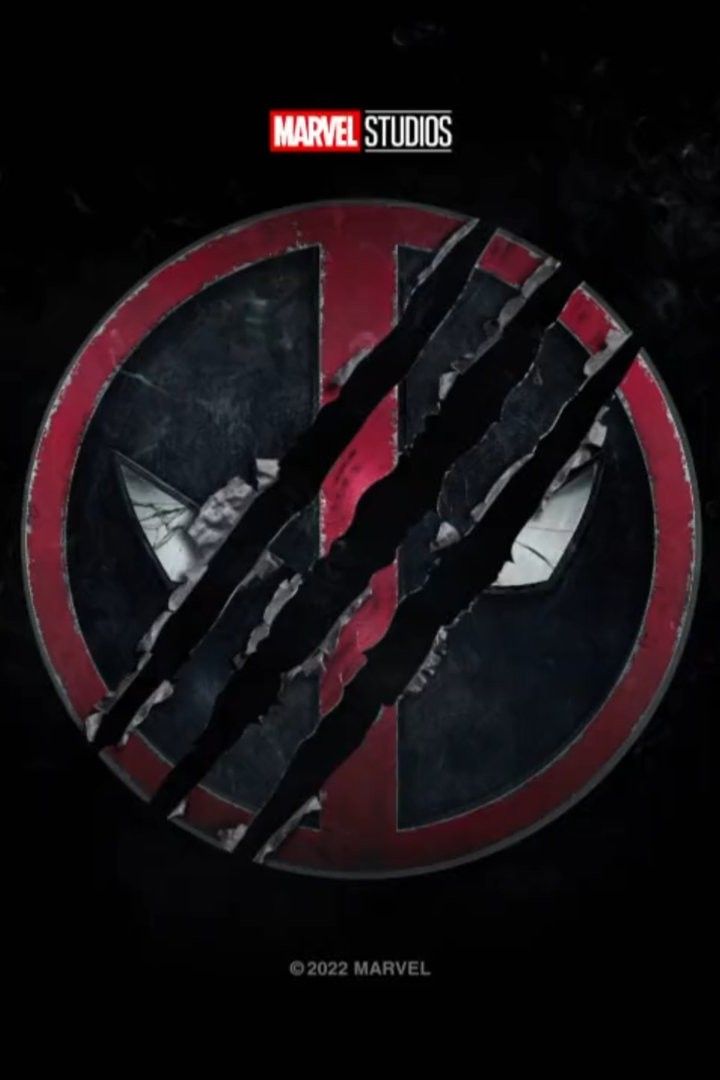
Deadpool 3
Release Date:2024-05-03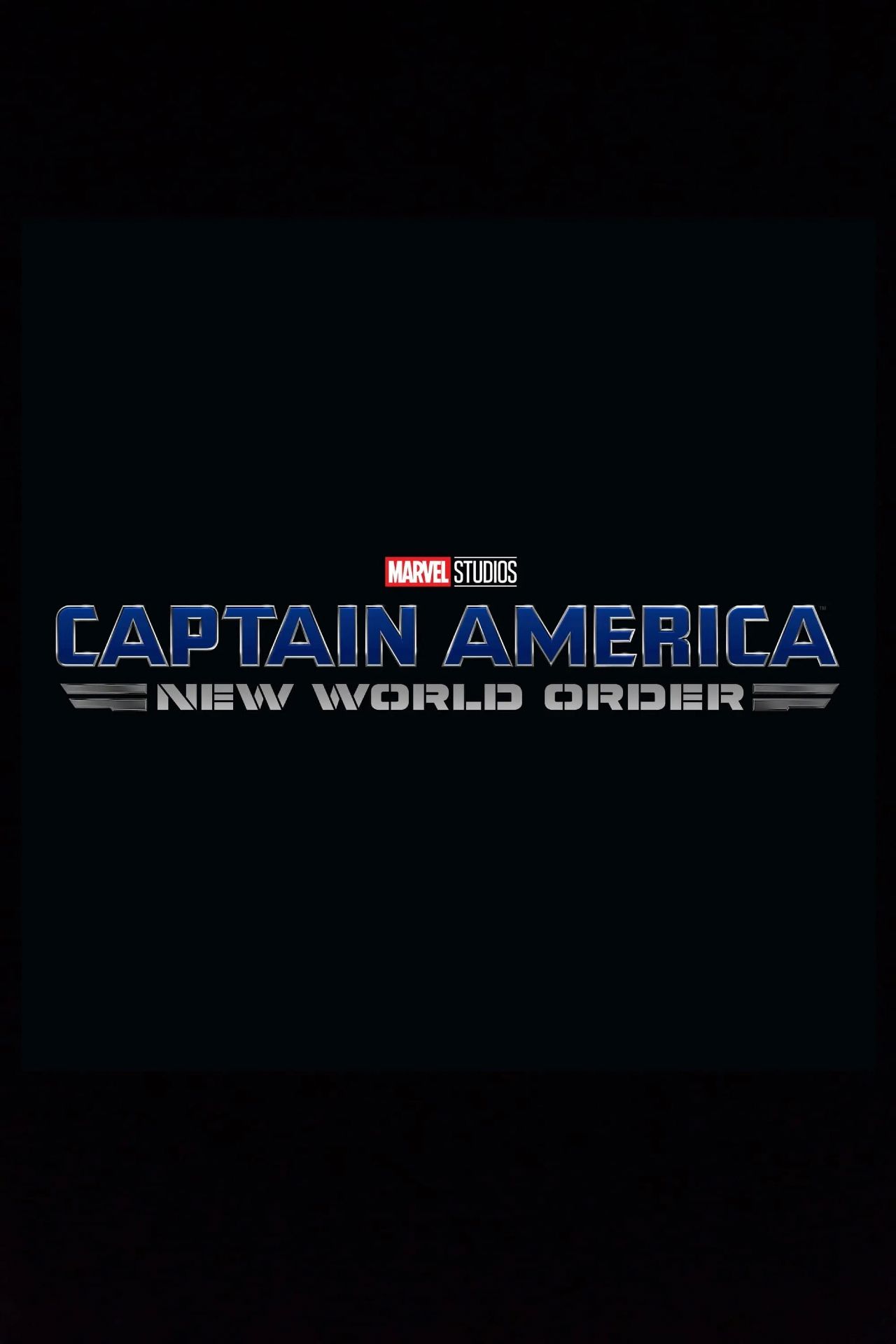
Captain America: Brave New World
Release Date:2024-07-26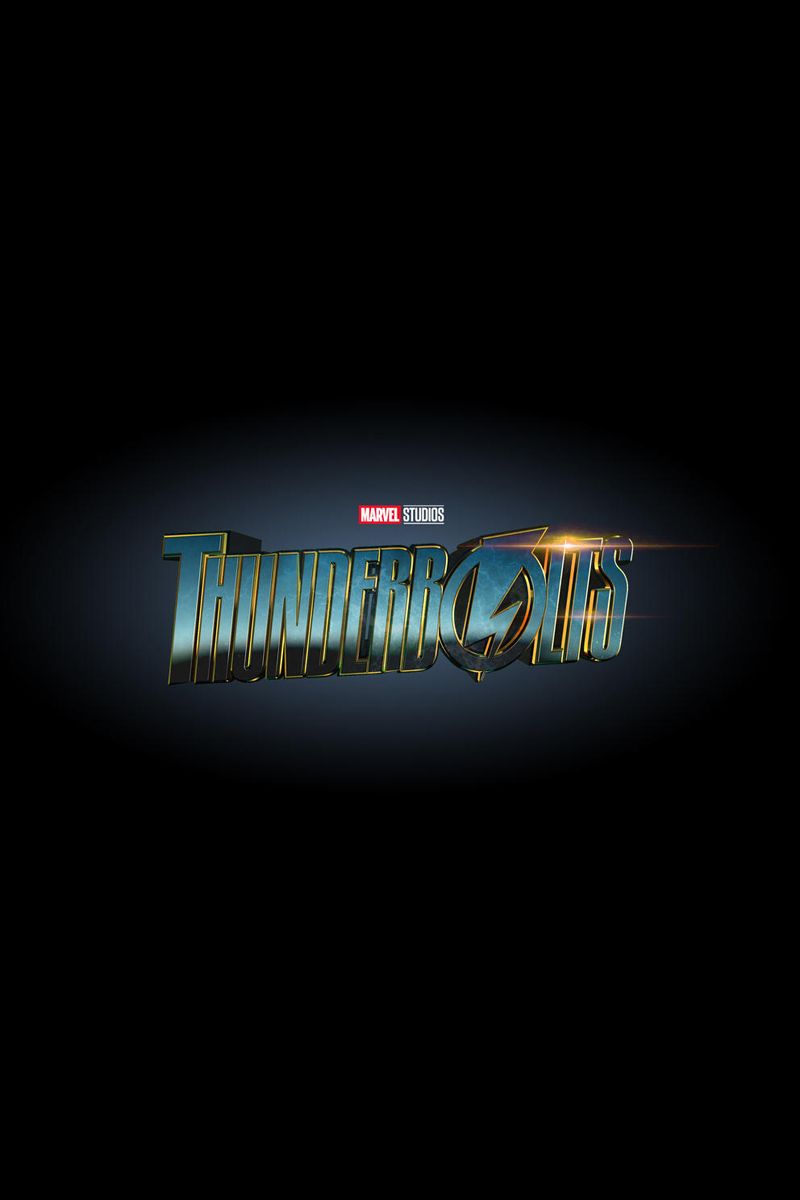
Marvel’s Thunderbolts
Release Date:2024-12-20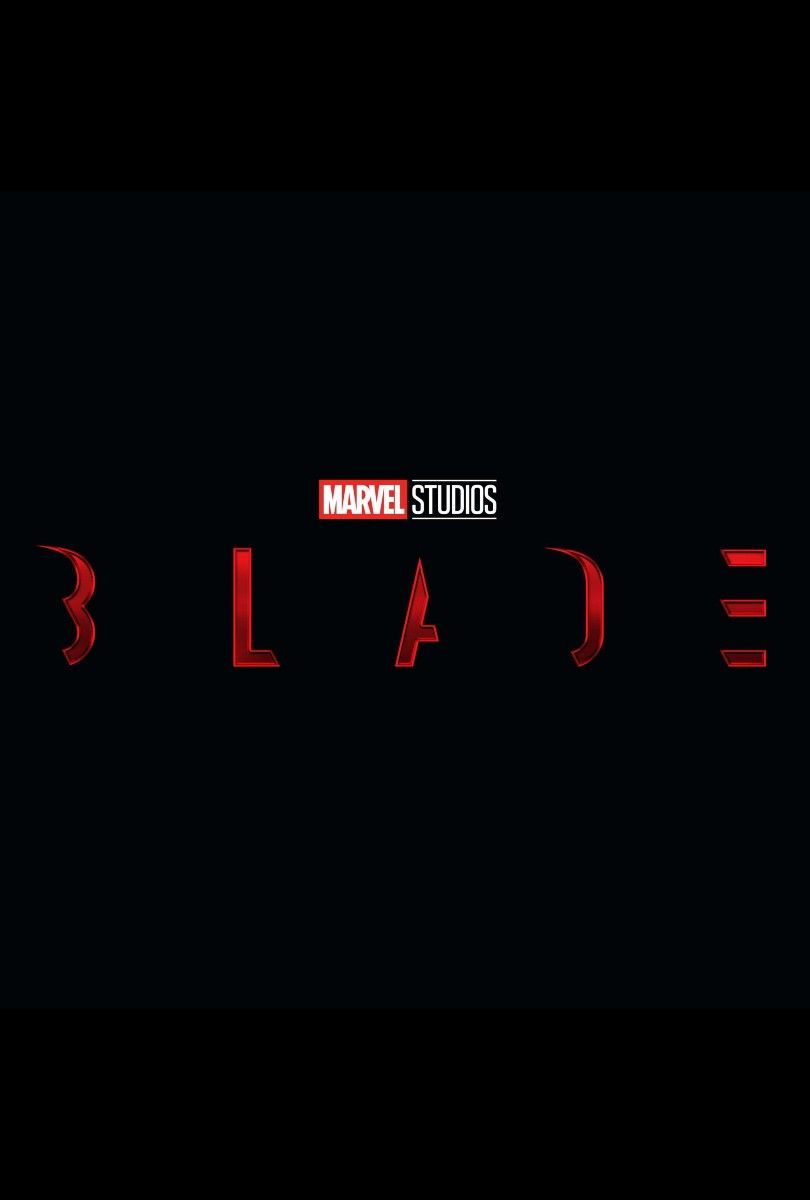
Blade (2025)
Release Date:2025-02-14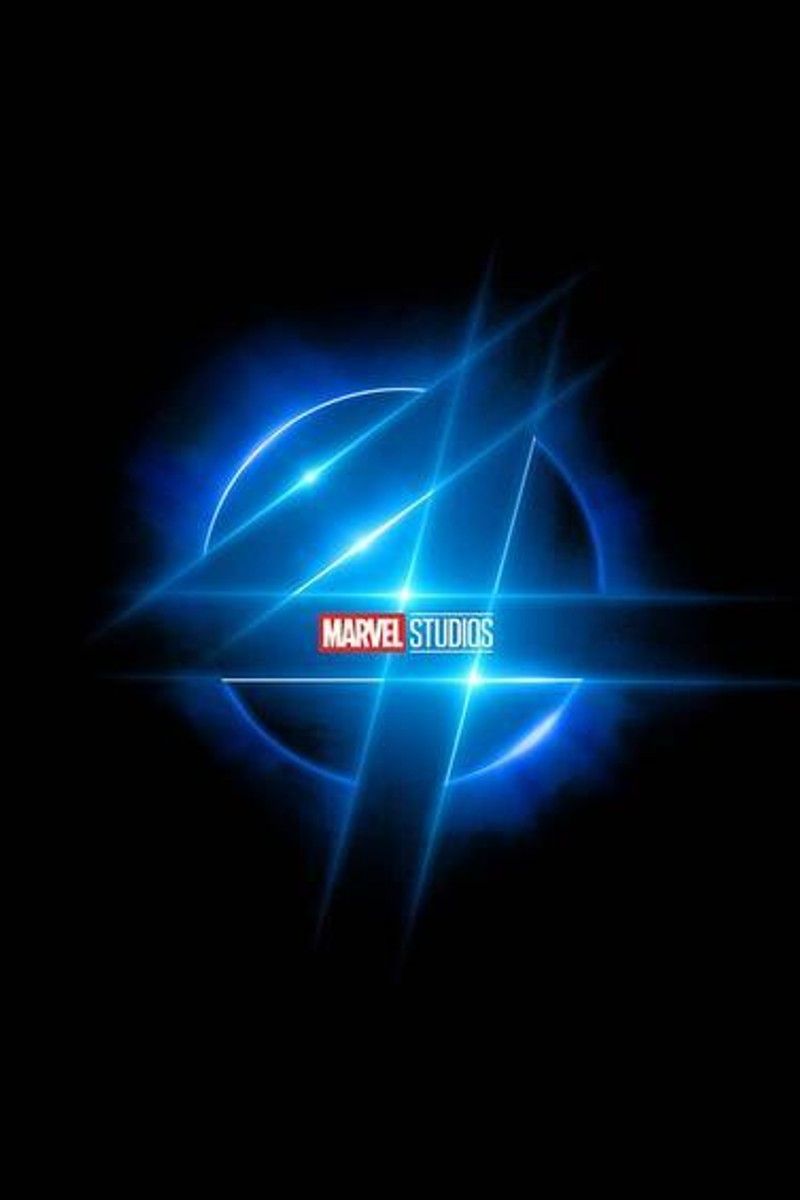
Marvel’s Fantastic Four
Release Date:2025-05-02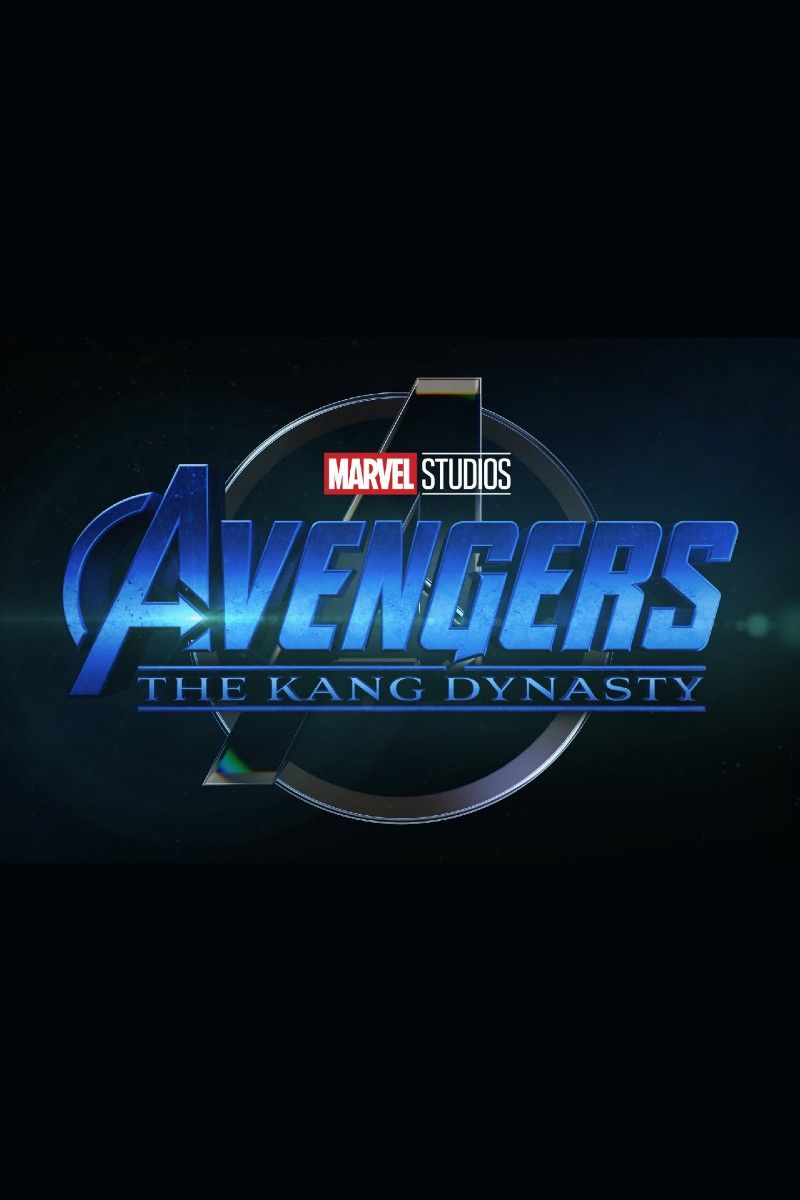
Avengers: The Kang Dynasty
Release Date:2026-05-01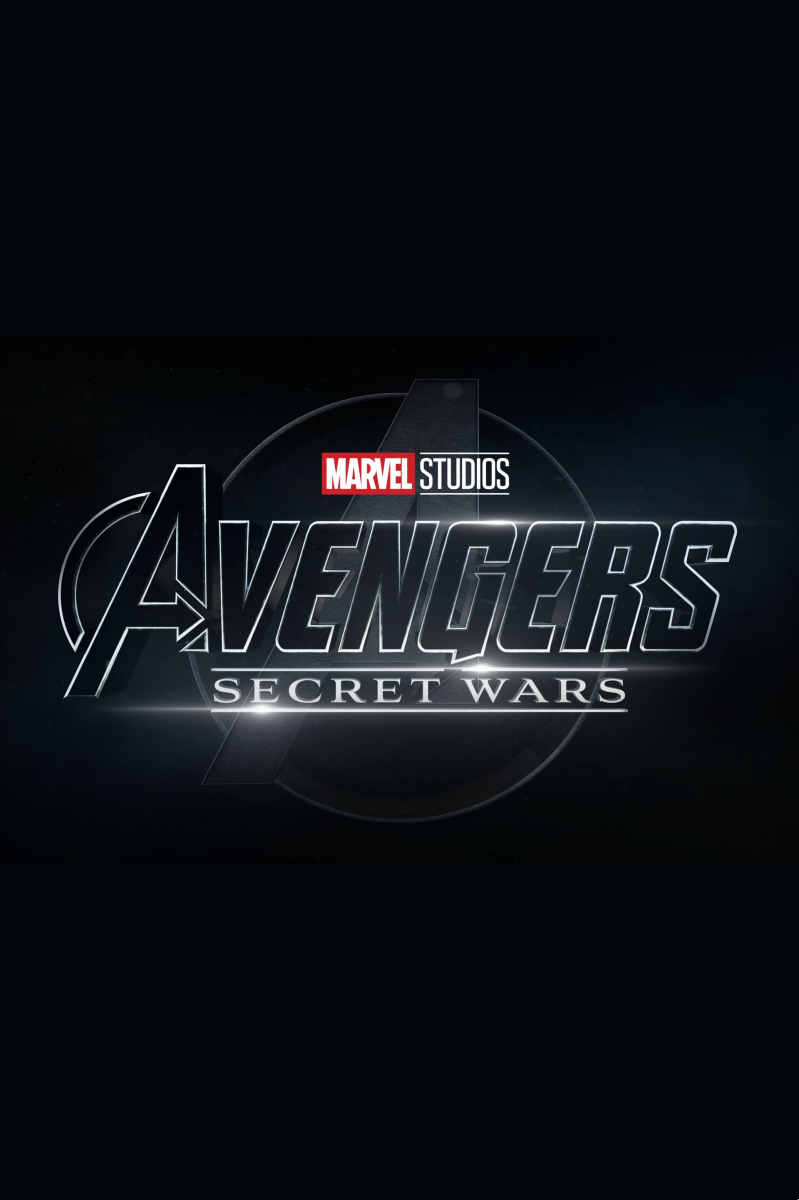
Avengers: Secret Wars
Release Date:2027-05-01
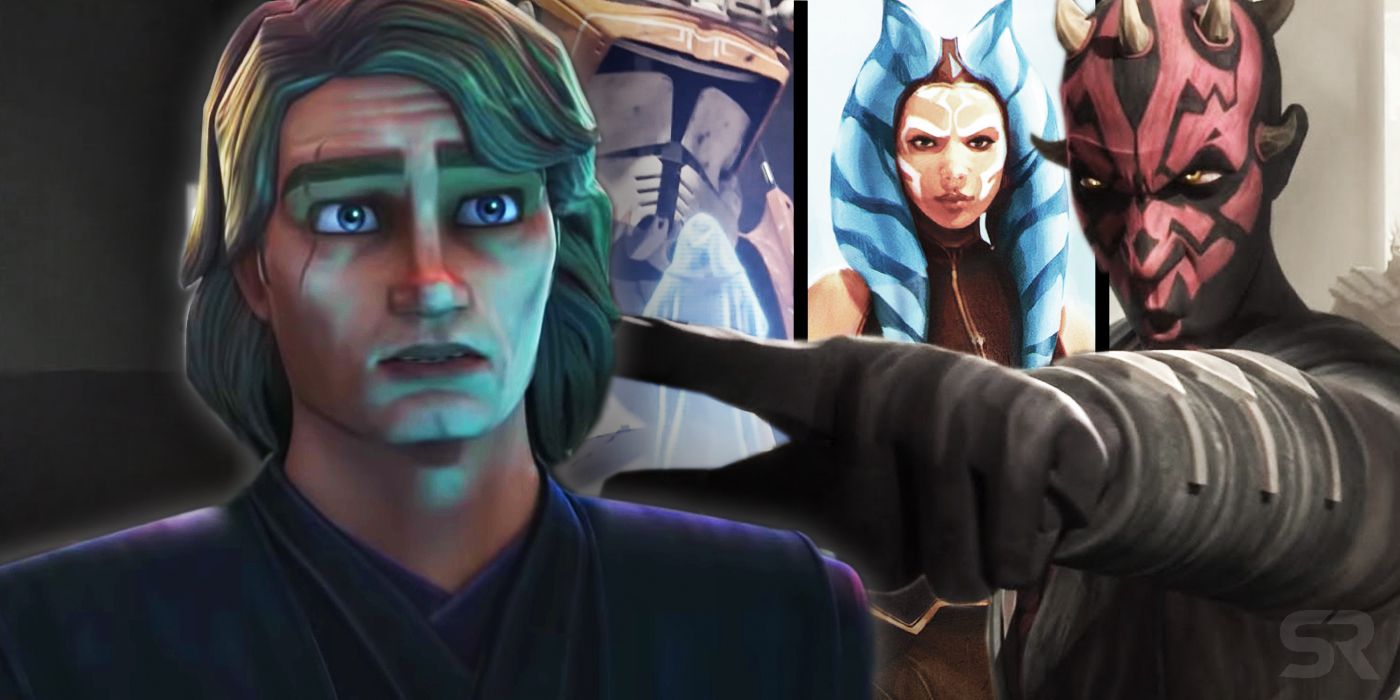
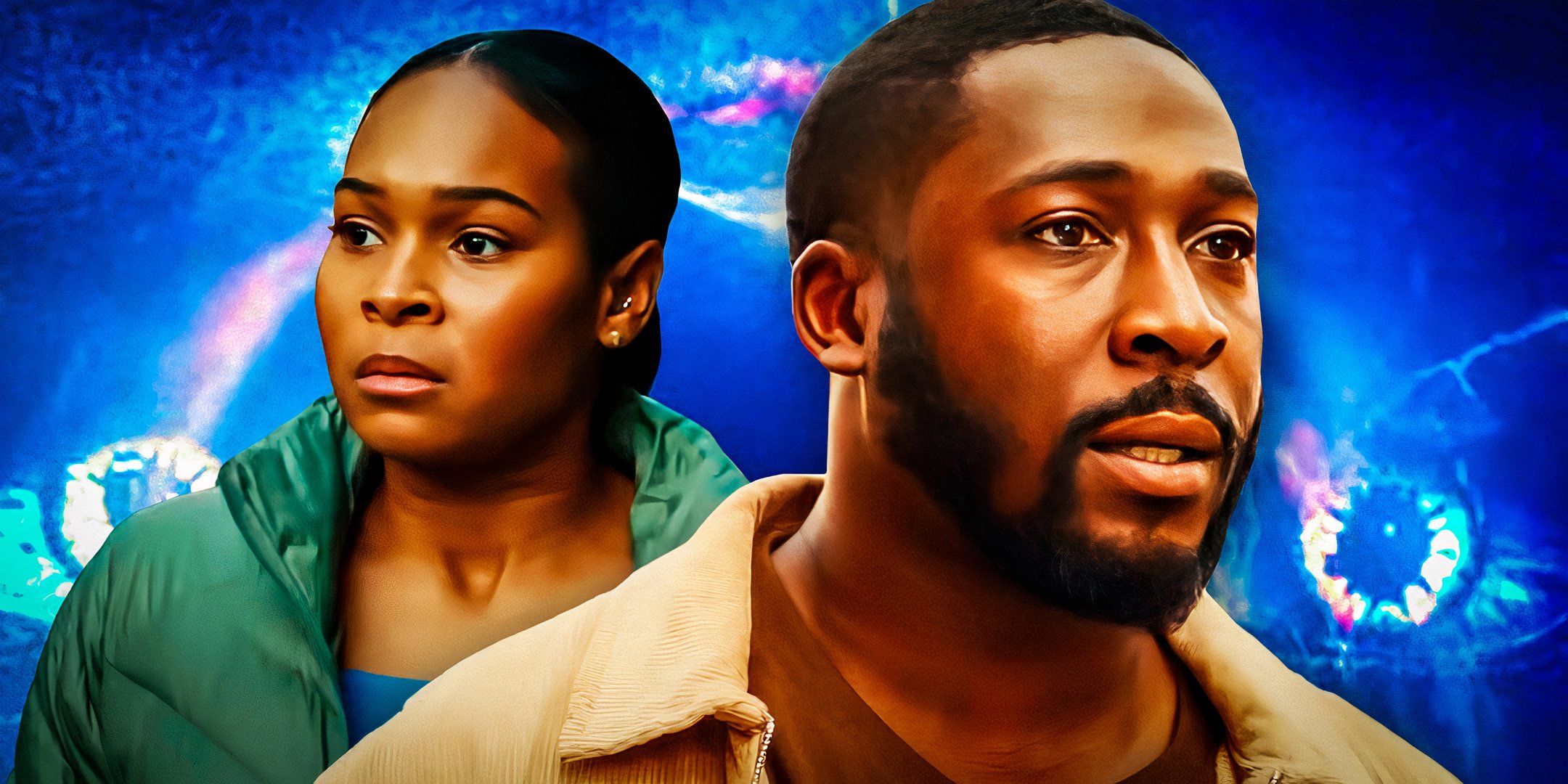

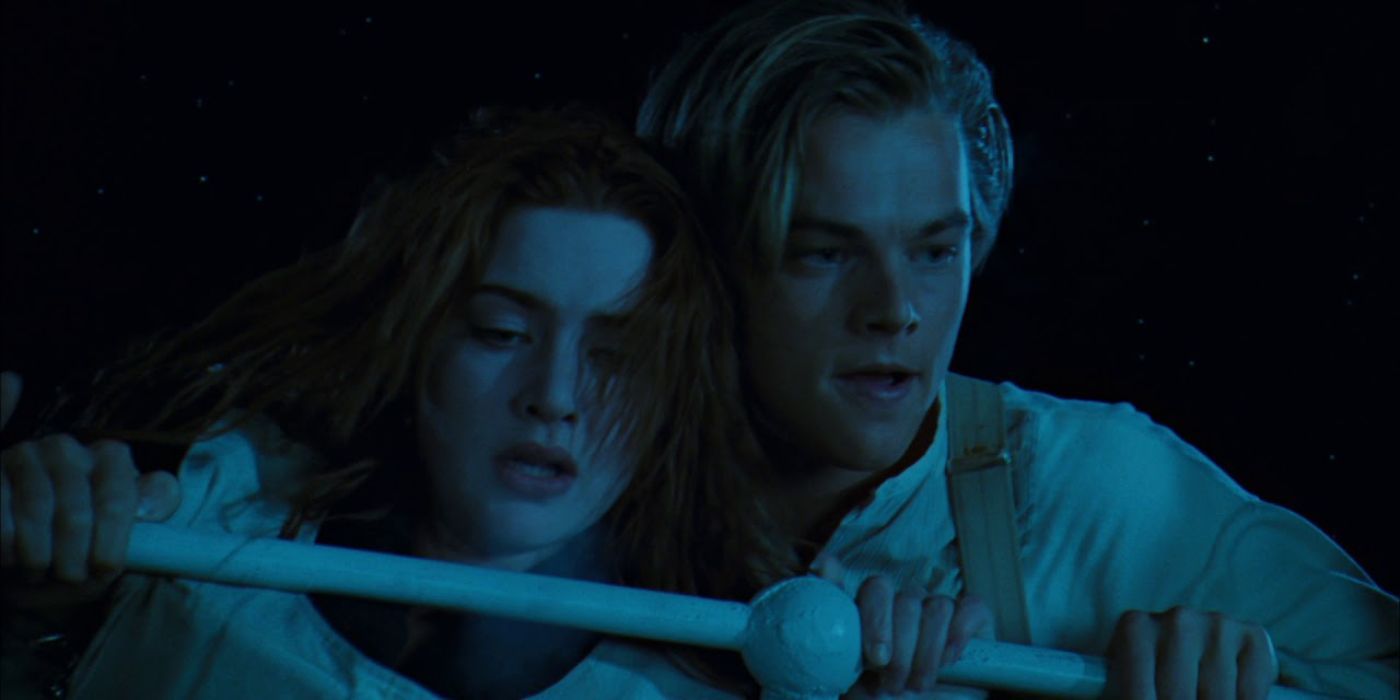
-Featured.jpg)
